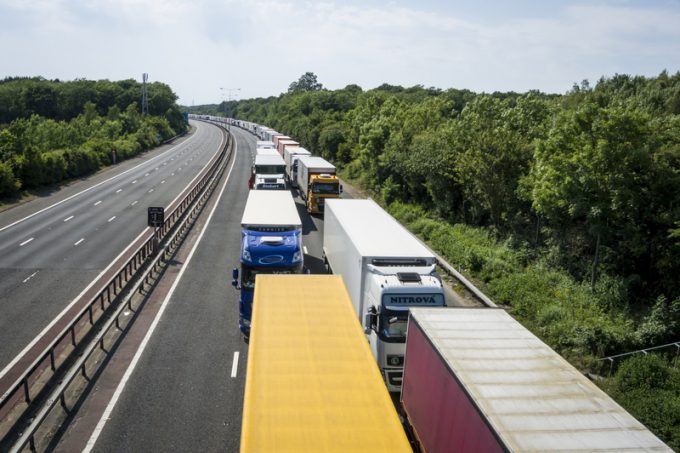TPM: Forwarders need 'clout' to survive as the ocean carriers move in
Ocean carriers undermining forwarders that don’t have “enough clout” will drive consolidation this year. Delegates ...

Hauliers remained in limbo today as governments on both sides of the Channel seek a resolution to the border closure imposed by France after the UK identified a new variant of Covid-19.
UK prime minister Boris Johnson is to provide an update later today, with expectations ...

Comment on this article